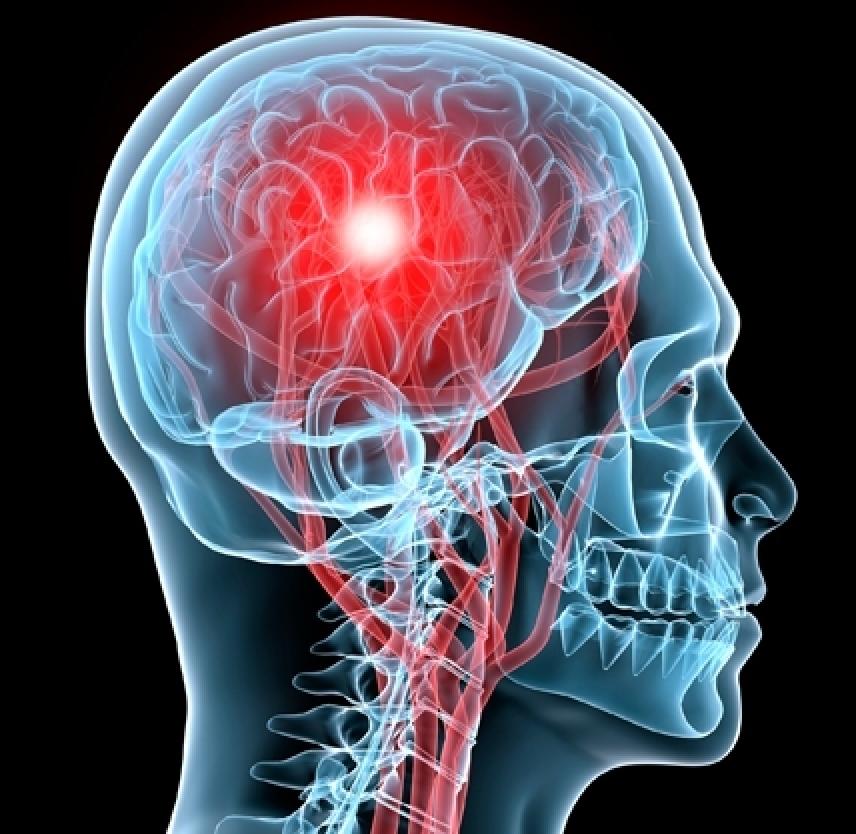IMLAX Concussion Policy
Traumatic Head Injury and Concussion Policy
Intermountain Lacrosse (IMLAX) is dedicated to keeping its players safe while maintaining the integrity of the sport. Lacrosse has inherent in it certain risks of injuries, including the risk of traumatic head injuries and concussions. These risks can be mitigated, but not entirely eliminated, by taking the proper precautions, wearing all proper safety equipment and making sure it fits properly and following the rules (especially those regarding stick and player contact). The IMLAX Traumatic Head Injury and Concussion Policy is in place to reduce and eliminate the long term effects of traumatic head injuries and to ensure that players are properly treated by a qualified health care provider before return to play. The IMLAX Concussion Management Policy requires that a player be removed from a practice or game if the player is suspected of sustaining a concussion or a traumatic head injury. Utah law defines a traumatic head injury as an injury to the head arising from blunt trauma, an acceleration force, or a deceleration force, with one of the following observed or self-reported conditions attributable to the injury:
(a) transient confusion, disorientation, or impaired consciousness;
(b) dysfunction of memory;
(c) loss of consciousness; or
(d) signs of other neurological or neuropsychological dysfunction, including:
(i) seizures;
(ii) irritability;
(iii) lethargy;
(iv) vomiting;
(v) headache;
(vi) dizziness; or
(vii) fatigue.
The player’s parents (if a minor), coaches, officials, trainers, and IMLAX representatives may remove the player from play if the player has suffered a traumatic head injury or is suspected to have suffered a traumatic head injury. Any player removed from play will not be permitted to return to play until the player has been evaluated and cleared to return to play by a qualified health care provider, in writing. Qualified health care providers are health care providers who are licensed under Title 58 of the Utah Code and are allowed to evaluate and manage a concussion within their scope of practice.
Baseline testing
Players are strongly encouraged to seek out reputable companies that provide baseline testing. Baseline testing can help with the diagnosis of a concussion and assist with determining when an athlete is ready to resume play. Please contact IMLAX if you are having difficulties finding a resource.
Education
IMLAX has posted, on its website, links which parents and players are encouraged to visit. IMLAX intends to educate players, coaches, and parents on concussion management and clearly state its policies. It is highly recommended that each players, coaches, and parents review a copy of the most current USA Lacrosse/CDC publications on concussions. IMLAX requires all of its registered coaches be familiar with the USA lacrosse/CDC Heads Up Facts for Coaches publication.
Two critical pieces of information found in these publications are: 1. That a concussion is a brain injury and can be caused by a bump, blow, or jolt to the head or body; that even a “ding,” “getting your bell rung,” or what seems to be a mild bump or blow to the head, can be serious, and 2. If an athlete has a concussion or traumatic head injury, the player’s brain needs time to heal. Do not allow the player to return to play until a health care professional, experienced in evaluating concussions, says the athlete is symptom-free and clear to return to play.
Office Hours
Spring Season:
Monday-Friday
11:00 am-6:00 pm (Feb 1-May 31)
Closed: Saturday and Sunday
Summer Season:
Monday-Thursday
11:00am-5:00pm (June 1-July 31st)
Closed: Friday, Saturday and Sunday
Fall Season:
Monday-Friday
11:00am-5:00pm (August 1- Oct 31)
Closed: Saturday and Sunday
Winter Season:
Monday-Thursday
11:00am-5:00pm (Nov 1-Jan 31)
Closed: Friday, Saturday and Sunday
Closed on Federal Holidays
Closed December 20-January 6


